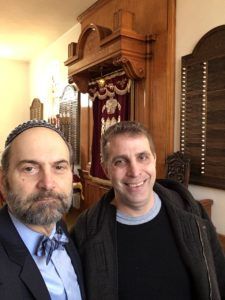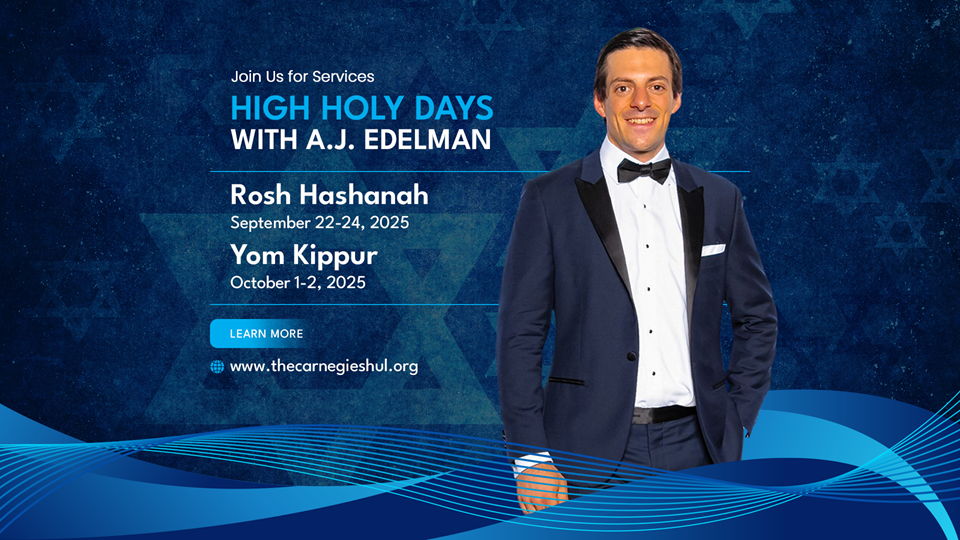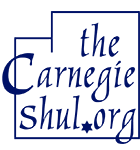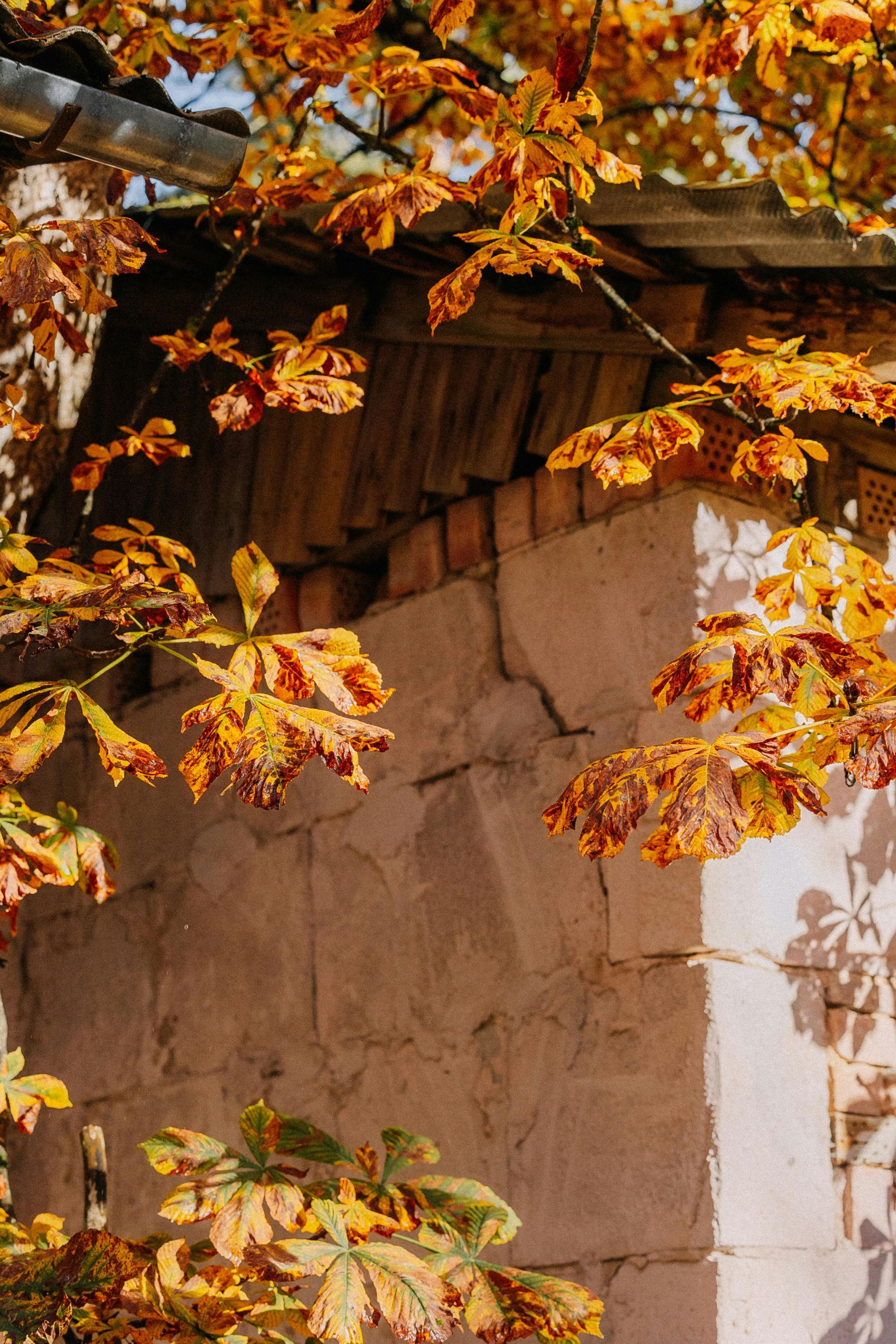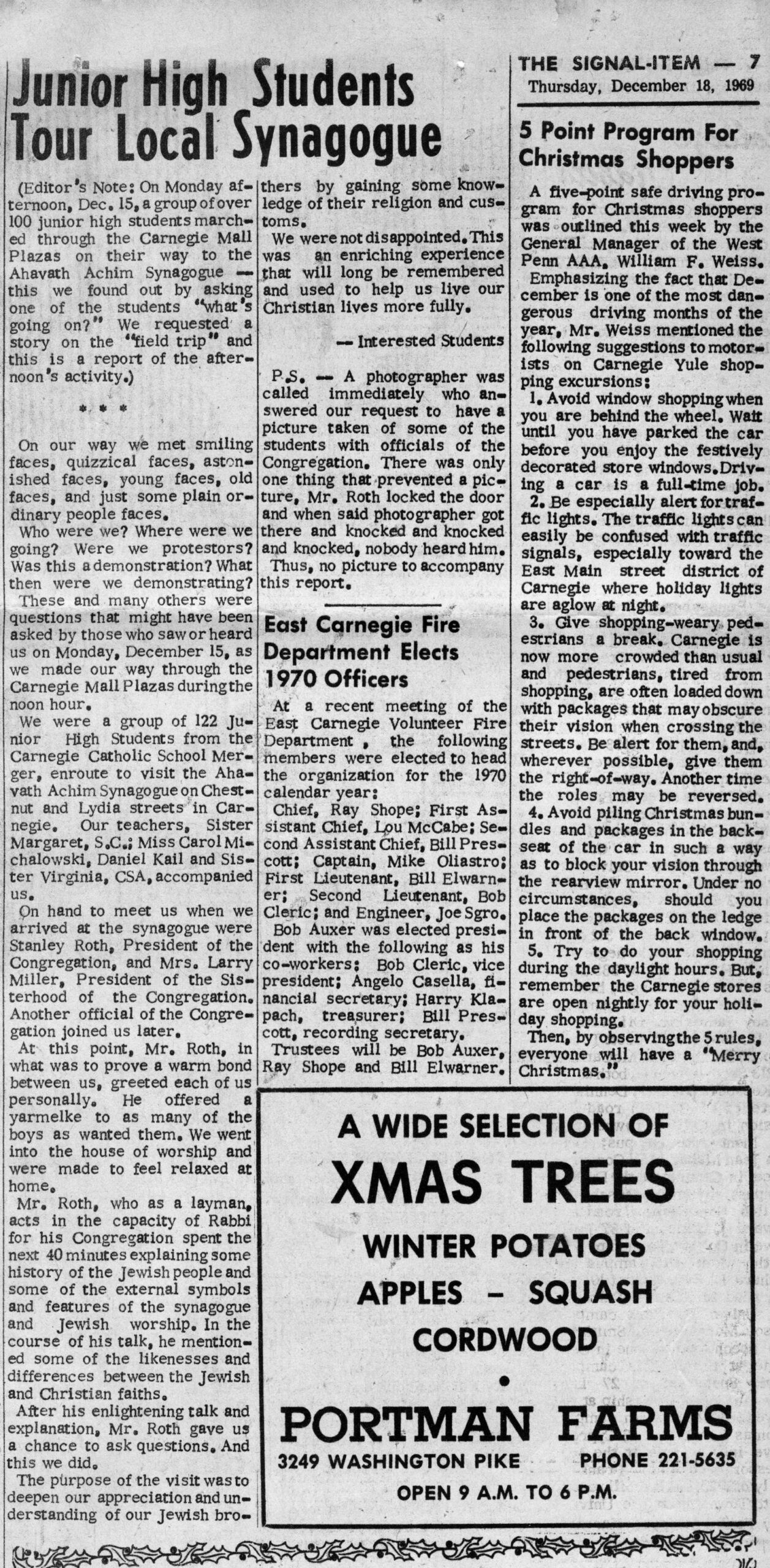Susan Stein and Joe Klee pay a visit
Susan Stein and Joe Klee pay a visit
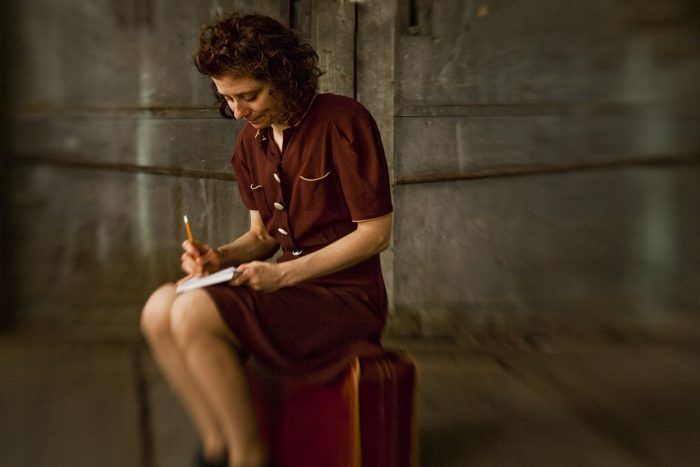
On Shabbos, Feb 9, we had two special visitors at the shul.
Susan Stein lives on the upper West Side of Manhattan, but she's not home often. She travels the country and the world performing her play "Etty" about the life of Etty Hillesom. Etty was a Dutch Jew who was murdered at Auschwitz when she was 29. She left behind diaries that give a glimpse of the last few years of her life. Susan gave 4 performances of her play at Carnegie Stage, one of two live theaters we have in Carnegie. And while in town she also managed to conduct the play for over 300 school students. And come to shul on Saturday morning! We were delighted to have her. She participated in services and stayed afterward for Kiddush. If you missed her performance, you can take 30 minutes and watch this interview she gave to Lynn Cullen.
At the end of services a young man came into the shul just looking around (he didn't appear dangerous). I introduced myself and he said he was Joe Klee. He was in town on business and his father had advised him to visit the Carnegie Shul while in Pittsburgh. Well, as Dr. Block would say, "there are no coincidences". Just 10 minutes earlier, while announcing yahrzeits, I mentioned that on Tuesday we would remember Dr. Harry A. Klee who was the main benefactor for the construction of our shul. His name appears on the cornerstone of our building. Joe stayed for Kiddush and afterwards I showed him the plaques for the Klee family on our yahrzeit tablets. The Klee family was numerous and one of Joe's forefathers, Selig Klee, was a charter member of the congregation 120 years ago. The following day, I spoke with Joe's father on the phone, Harvey Klee. Harvey explained that his parents were Joseph Klee and Rose Nadel. His grandparents were Hyman Klee and Lena Wilk. I was not aware of the Wilk connection, and will be looking forward to comments from the Wilk family.
As a complete aside, I saw Ethel Sherman McCarthy at the Pour House on Saturday night. She was there celebrating the birthday and retirement of her best friend, Cheryl Riley. As some of you know, Jim and Cheryl have sold the Pour House and are retiring to Florida. Of course I told Ethel that we would like to see her more frequently at shul. Her grandfather Markus Sherman was the founder of our congregation. The minyan met in his house from 1896 until 1903 when they built the first shul on Broadway St.
